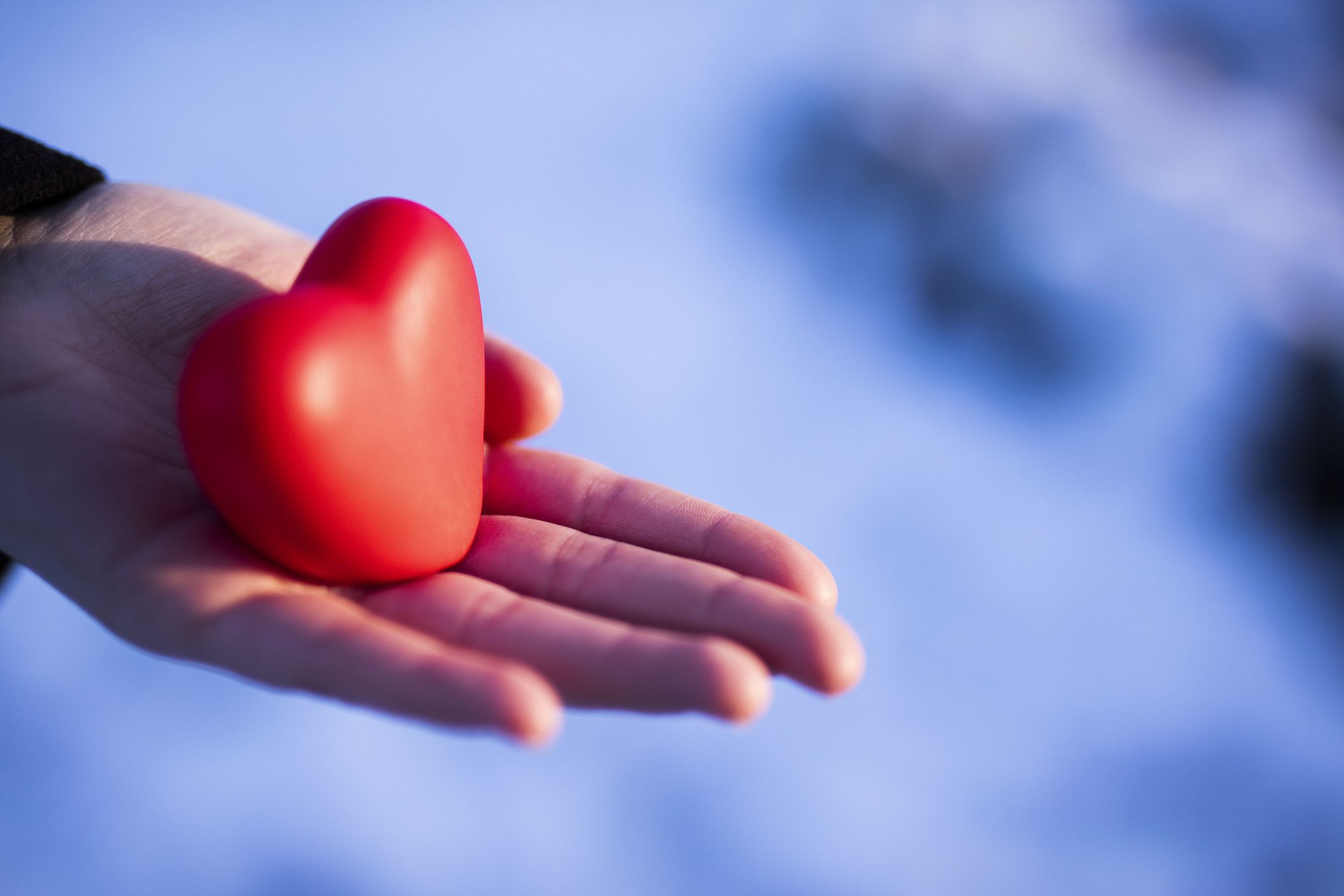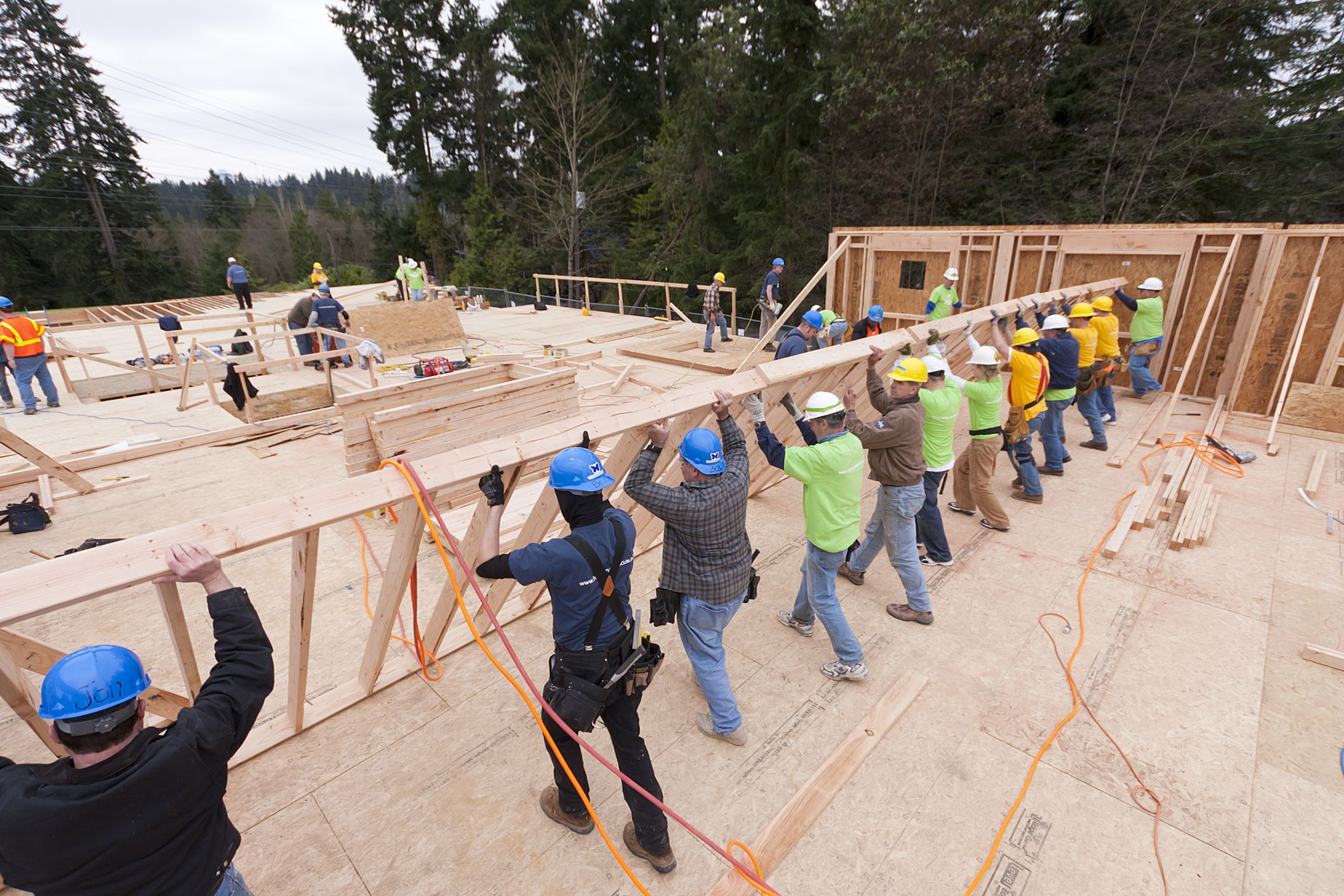Whether it's a friend, spouse, or co-worker, the unknown of another's emotions can make us very uneasy even if we desire to support the person. Sometimes it's just easier to remain on our own island and ensure safety and predictability. Empathy bridges that gap.
Do you steer away from those "soft" feelings because they might take you places you are unprepared to go? Do others’ reactions and charged emotions make you uncomfortable? Are you concerned that you'll be sucked into an abyss of someone else's pain?
Estimated reading time: 4 minutes
 Take any catastrophe whether the latest devastating hurricane or the recent mass shooting in Monterey Park and you won't find a lack of compassion. Crisis motivates and binds us together.
Take any catastrophe whether the latest devastating hurricane or the recent mass shooting in Monterey Park and you won't find a lack of compassion. Crisis motivates and binds us together.
However, we are inundated daily with tragic news across the globe. These events can leave us unsettled or fearing the unpredictability of irrational people and the unleashing of nature's forces. And with the constant news feeds on both television and social media, our own personal challenges can feel inconsequential. Perhaps some days even the tears of our children may seem trite in the midst of so many burdens and crises.
Our brains were not made for ongoing stress and a barrage of negative news streaming nonstop. Our survival brain is geared toward keeping us safe and then getting out of harm's way and back to safety. However, in today's culture, that's difficult to do—so many challenges and so many people suffering.
Click here for resources on developing heightened emotional intelligence.
Are We Callousing Ourselves to Our Own and Others' Emotions?
A growing trend that I've observed is the minimizing of our own, and another's pain. People say things like, “Well, it’s nothing compared to the people who just lost their homes! I should feel lucky for all the blessings in my life.” Or “I feel ridiculous expressing my frustration with the icy roads; after all, someone just lost a loved one.” Or “It’s selfish to feeling down today when I have so much to be grateful for!”
These comments seem to say that our personal experiences no matter how unpleasant or burdensome are not great enough to acknowledge, let alone extend compassion or empathy. We can easily invalidate our experiences because of greater suffering elsewhere.
When someone is hurting, whether a parent’s child is sick, they’re working overtime and stressed, or a friend is unhappy in their marriage, we can be too casual—almost dismissive because these experiences seem so small in comparison to global events. Or we simply do not want one more thing to deal with.
We may attempt to be present to another’s burden, but we’re divided in our attention. A common response to another’s pain, or negative emotion is to offer solutions to fix a person’s problem or to sympathize. Or we change the subject quickly to eliminate the uncomfortable feelings as fast as possible. But this invalidation of each other’s experiences leads to disconnection. The enormity of tragedy in the world can begin to deaden and desensitize us to the smaller aches and hurts, which can lead to apathy. Or even disasters can start to seem more like a movie, so we begin to filter out the world around us altogether.
What Is Apathy?
Apathy is a numbness to feeling, a shutting down of sorts. Apathy can be a psychological protection from pain. Apathy is a giant dark cloud covering the sun of our hearts; it is a wall to block the anguish, to stop feeling when life just becomes too hard, too taxing. It can feel like there is no window to our darkness.
Psychology Today in the article "The Curse of Apathy: Sources and Solutions" describes this “curiously 'emotionless' emotion”:
“...it’s now accepted science that you must experience feelings about something if you’re to take personally meaningful action on it. And without any compelling emotion to direct your behavior—and apathy literally means ‘without feeling’—you just aren’t sufficiently stimulated to do much of anything.”
The key words above are "take personally meaningful action."
We cannot act, assert a stand for what is right, or give empathy without first feeling.
When we detach from our feelings, it is impossible to have self-compassion or understanding for others. And today there is so much aggression, chaos, and uncertainty that apathy may seem an acceptable or even desirable escape. At the very least, a temporary retreat from the overwhelming onslaught of tragedy.
Empathy: the Skill that Combats Indifference
Empathy heals. If there is a magic potion, a healing balm, it is empathy for one another. Why? Because feeling understood is not only a basic human need, but it is also how we connect and support one another. Empathy is crucial for our interconnectivity. Extending our heart to another renews our spirits—both the giver and the receiver.
If we are unable to accept, process, and empathize with our own emotions, it is difficult to be present to people around us.
Don't harden your heart—feel!
Don't just get busier and check one more thing off your list—feel!
Don't judge or criticize yourself—feel!
Don't buck up—feel!
Otherwise, the unfelt emotions will block the flow of energy and life through us much like a clogged drain prevents water from draining in a sink. What happens when we don’t take care of a clogged drain? Eventually, we have a much bigger problem and need to call the plumber.
Transform Indifference to Inspired Action
Through feeling, emotions move through us and inspire us to act. When we take time to feel the varied emotions, our experiences are integrated, and we feel lighter. Empathy may not repair damage from a hurricane or rebuild a house lost to ravenous fires, but empathy holds power to renew our inner resources. Empathy integrates our experiences to rebound with resilience and help others to metabolize their emotions, so they can, in turn, act effectively in their lives.
Sometimes one of the reasons we feel burdened is because we feel small in the midst of so much going on in the world that it can be discouraging. When we feel overwhelmed or helpless, the tendency may be to surf the internet, comb Facebook, or turn on a Netflix drama and enter another reality. Vegetating can be a temporary cessation, but if used too often, it detaches us even further from an inspired action.
One possible combatant for apathy and indifference is to take one small and meaningful action. When an action is meaningful to us, the movement inspires us and moves us to do another. And pretty soon we feel better, lighter.
Related reading: "What Is Empathy and Why Is It Important?"
Be the change in our culture by mastering empathy in your daily life. Get our new workbook, Real Empathy, Real Solutions today.

When Stuck, Take Action
Ask yourself, “What is one thing I CAN do right now to feel a little bit better?”
Maybe you call a friend that you haven’t spoken to in a long while. Perhaps you give a donation to Red Cross for a recent tragedy or volunteer with Habitat for Humanity. Or maybe you write an editorial to your newspaper or an online blog to express your opinion about a situation that’s troubling you.
My point is by feeling and acting, you’re not only going to feel better, but you’re going to be making a difference in the world. When we make a conscious choice to change our thoughts, to be more positive, or we express a feeling, and we take action that supports our values, we are moving from disconnecting to connecting, from apathy to empathy.
If everyone took just a few small actions each day to make a difference—even in their micro-world—our hearts, our families, communities, nation, and the world would start to shine brighter through the debris and hardships.
All change comes about through emotions (energy in motion): passion, righteous indignation, love, joy, excitement, etc. Feelings are the motor of life. Feelings compel us forward unless we shut them down!
Choose to act even if that action is to feel, to listen to your heart. Once we act, the movement of love begins. Then, apathy—the enemy of empathy and love—has no power to paralyze us! The windows open and let in light! The clouds disperse, and we have created a new day!
To dive deep into the topic of empathy and practice this valuable skill, we've created a hands-on workbook because we are so passionate about this topic. Get yours today!
To learn emotional intelligence skills personalized to you or to learn how to be your own life coach, contact us at Heartmanity.











